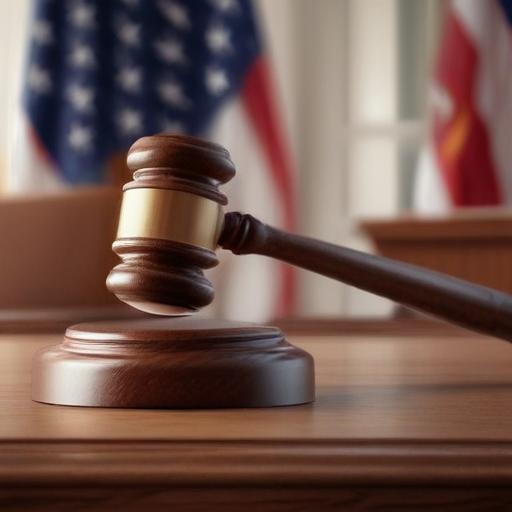A divided Supreme Court has allowed the Trump administration to proceed with plans to revoke the temporary legal status of over 530,000 migrants from Cuba, Haiti, Nicaragua, and Venezuela. These individuals were granted temporary status to live and work in the U.S. while their immigration cases were pending. This decision marks the second time recently that the Supreme Court has permitted officials to terminate programs that provide protection to immigrants escaping difficult conditions in their home countries. Earlier this month, the court also ruled that protections for nearly 350,000 Venezuelans could be revoked.
The majority ruling, issued without a detailed explanation, followed a passionate dissent from Justice Ketanji Brown Jackson, who emphasized the severe implications of uprooting the lives of nearly half a million noncitizens. She highlighted that many of these individuals have become integrated into American communities and have sponsors in the U.S., and warned of potential social and economic upheaval if they are suddenly returned to unsafe environments.
Legal battles surrounding these decisions are expected to continue in lower courts and could eventually escalate to full hearings at the Supreme Court. Immigrant advocates have raised alarms about the unprecedented nature of revoking legal status and work permits for such a vast number of individuals, warning of significant detrimental impacts on migrant communities across the nation.
The Trump administration argues that many of these migrants pose public safety risks and burden the nation’s resources. The humanitarian parole program in question allowed migrants to gain preapproval to come to the U.S. for up to two years, with requirements for financial sponsorship.
This ongoing situation emphasizes the contentious nature of U.S. immigration policy and how legal determinations can dramatically affect the lives of those involved. Despite the challenges presented by these legal rulings, there is hope that continued advocacy and legal scrutiny may provide pathways for these communities to secure their status in the future.
